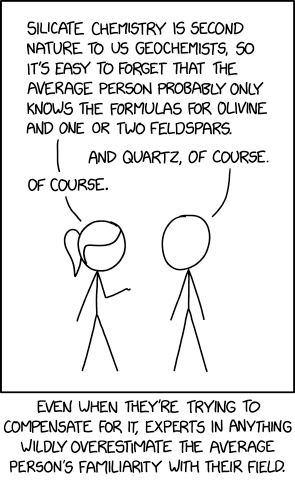
Tech bros will always choose the most overcomplicated option over the simplest, most effective ones.
Why build a battery and just install some more solar panels to charge it during the day when you could have a mirror in orbit beam down a tiny fraction of the light required to generate power anywhere near regular daytime capacity, for only a small portion of the night before the satellite is out of range, in only a small area, in a manner that can only work for one single client per satellite at a time, meaning it gets less cost effective at scale?














“No no guys you don’t understand, robots.txt actually means just search engines, it totally doesn’t imply all automated systems!!!”